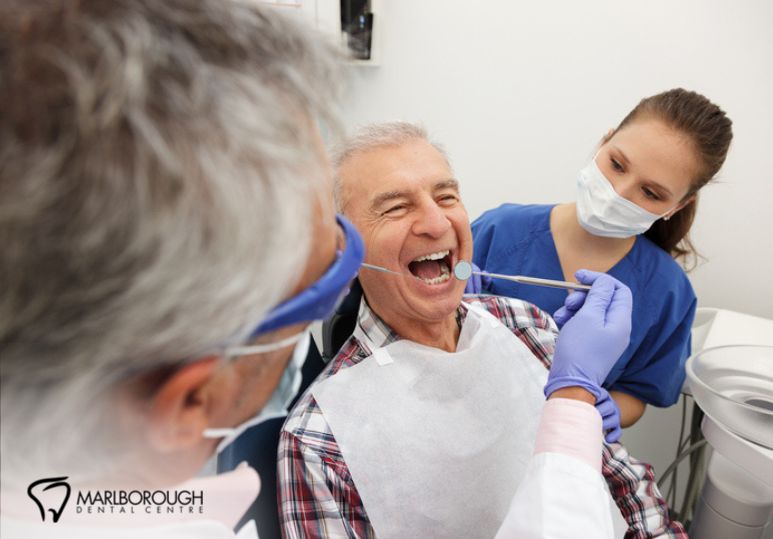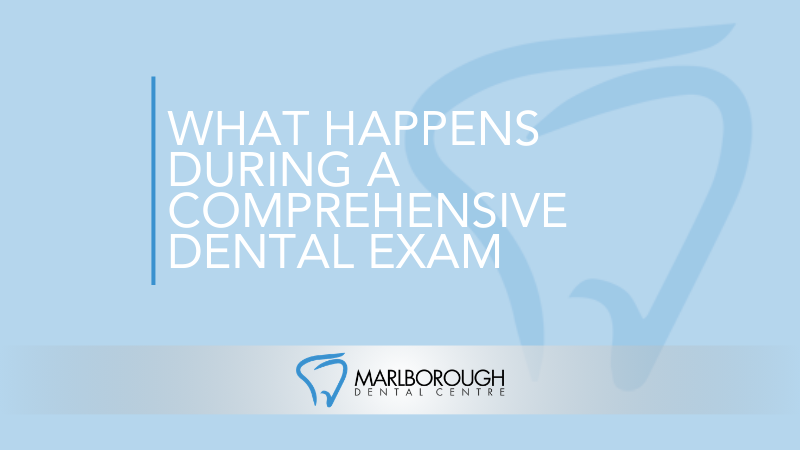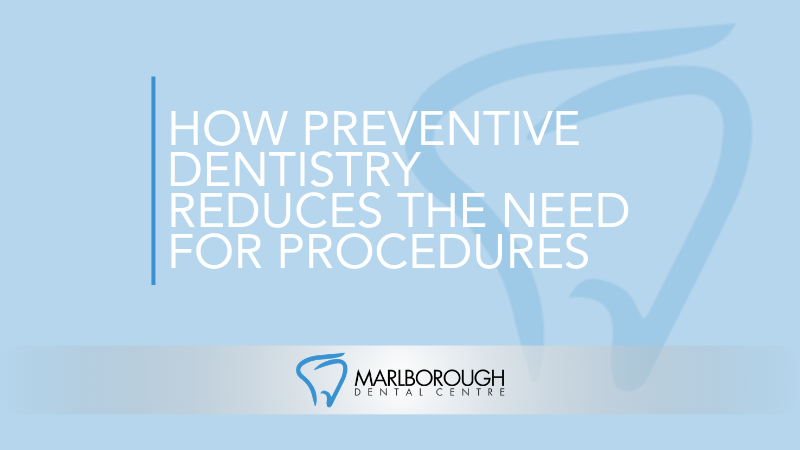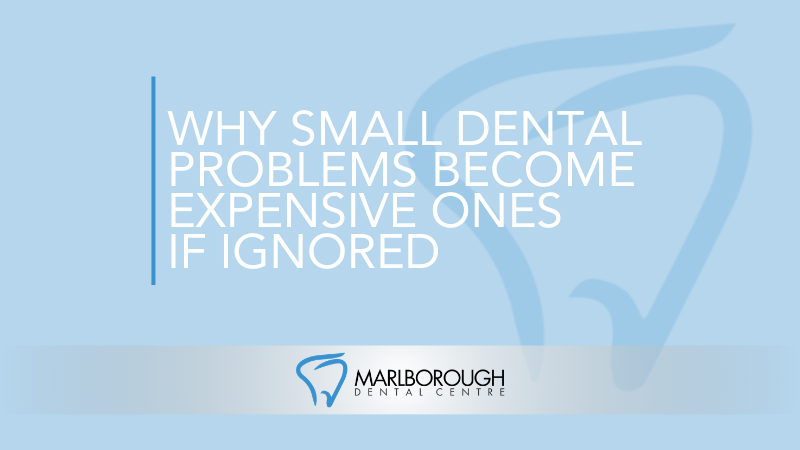Proper Dental Care For Seniors
Take Care Of Your Mouth Every Day
Brushing and flossing every day is a critical part of keeping your mouth healthy. By brushing your teeth twice a day and flossing at least once a day, you are removing plaque from the surface of your teeth and reducing your risk for cavities. If you are someone who wears dentures, either complete or partial, you still need to brush and floss any remaining teeth and you need to gently brush your gums and tongue as well. Remember that plaque builds up everywhere in your mouth, not just on your teeth. For added protection against plaque, drink water after you eat. This simple step will help to rinse sugars and food particles from your mouth and fight tooth decay.
Be Aware Of Any Changes And Take Action
Have you developed a toothache? Are your teeth becoming sensitive to temperature? Are your gums more sore than usual when you floss? If there are any changes within your mouth, it's advisable to acknowledge them right away and schedule an appointment with your dentist. It's very common for people to feel like something minor has changed but deem it unimportant and wait to get help. But waiting often makes the problem worse instead of better, which in turn makes it harder to save the tooth if the problem is serious. Anytime you think you feel something change in your mouth, make sure to speak with your dentist.
Live Healthy
It’s never too late to improve your health. Eating a variety of nutrients, a rainbow of fruits and vegetables, healthy fats, and whole grains is a great way to improve your overall health and your oral health. Cutting down on sweet foods can significantly help improve tooth health, as less processed sugars in the mouth lead to lower cavity rates.
Be Aware Of Medication Side Effects
As we age, we tend to need to be on more medications for various health conditions. Although these medications are important, it is possible for them to cause side effects such as dry mouth. If you start taking a new medication and notice any side effects, take it up with your doctor. Or if you feel as though you have an oral issue that has developed recently, address this with your dentist along with any medications you are on. You may be on medication for a while before side effects start to occur, and telling your dentist about your medical history and current medication will help them determine the cause of your oral issues.
Regularly Visit The Dentist
Bi-annual dental visits are a very large part of maintaining your dental health. By visiting the dentist every 6 months you receive a professional dental cleaning that eliminates bacteria you can’t get rid of by yourself, and it lets your dentist check your oral health to catch any emerging problems. Regular dental visits are a vital part of proper dental care for seniors, especially for those who are at risk of tooth loss due to oral health issues or general health conditions.
Calgary Dental Care For Seniors
As you age, you are more susceptible to various conditions, including oral health complications. Proper dental care for seniors can be achieved when you take care of your oral health every day and continue to visit the dentist twice a year. At Marlborough Dental Centre in NE Calgary, our staff of experienced dentists and dental hygienists will do everything in our power to save your natural teeth and preserve your gum health so that you can keep your natural smile for as long as possible. To schedule a senior’s dental exam and cleaning, contact Marlborough Dental Centre at 1-403-248-2066 or fill out the online contact form.
FAQ
Q: Can a dentist still help me if I have no teeth left?
A: Yes, dentists are always an important part of oral health, even if you don’t have any remaining teeth. For people who are interested in denture options, a dentist can help you decide what dentures might work best for you and can help if you need any teeth pulled or implants placed. Dentists will also assess your gum and oral health even if you have no remaining teeth.
Q: How common are gum disease and cavities in seniors?
A: Approximately 96% of Canadians 65 or over have had a cavity in their life. Nearly 2 in every 3 Canadians age 65 or over have gum disease. To lower these statistics, more Canadian seniors need to take steps to care for their oral health and encourage others to do so.
Q: Do I need to get x-rays done every time I visit the dentist?
A: A healthy adult with good oral hygiene will not require an x-ray every appointment. If your dentist has cause for concern, you may be required to have an x-ray.




